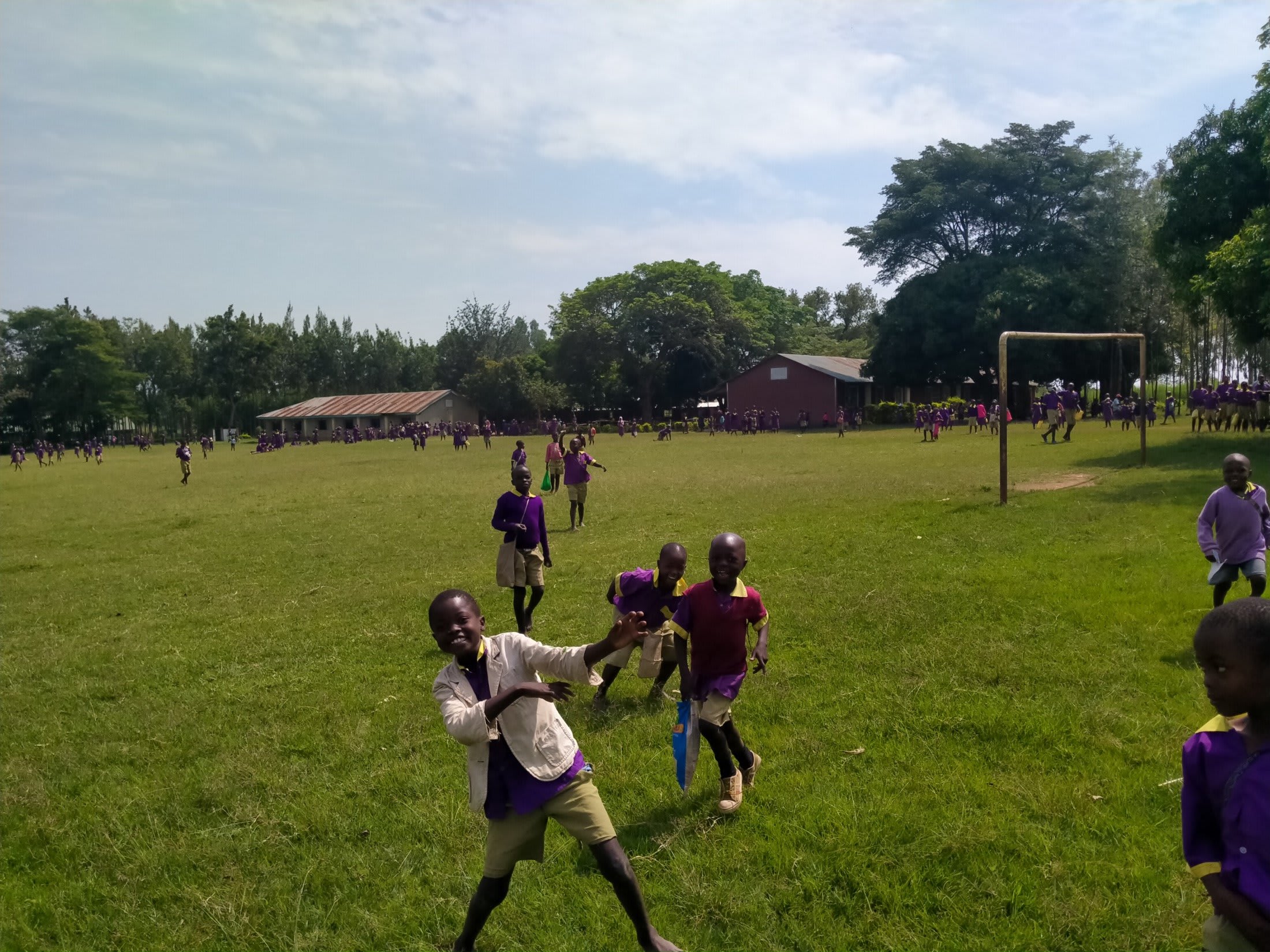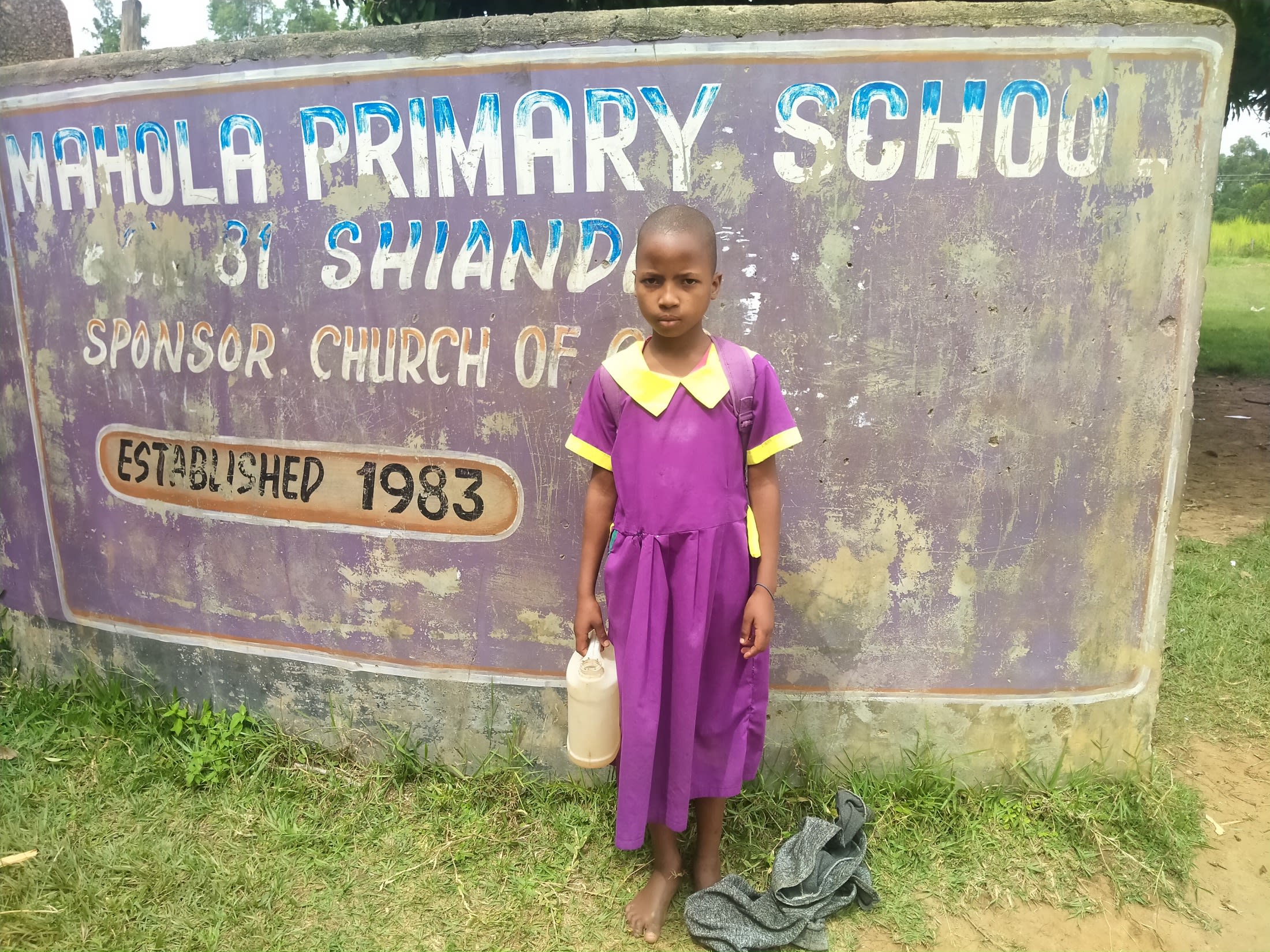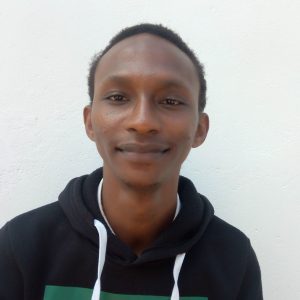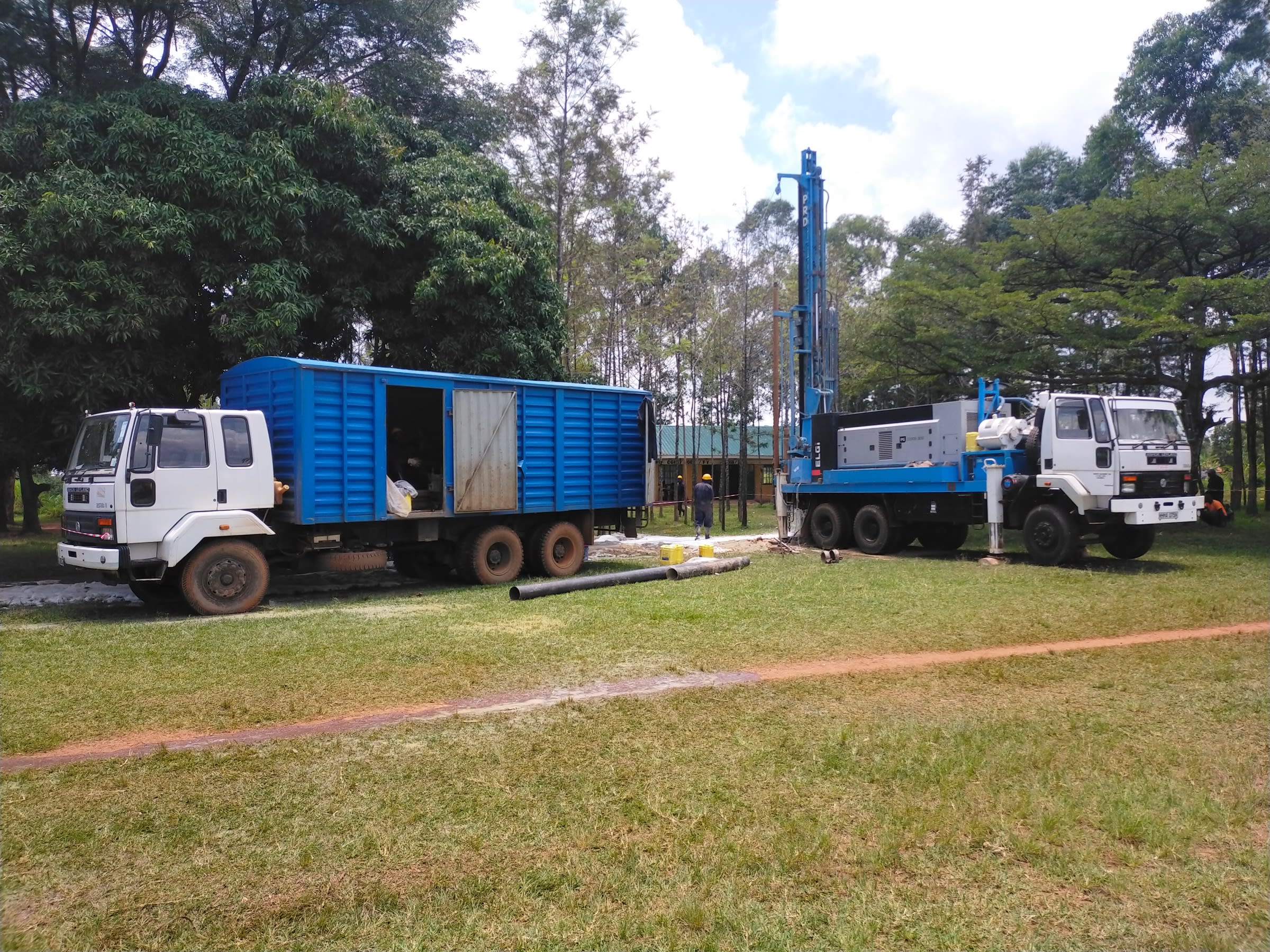Mahola Primary School was established on land donated by community members in 1983. It's located next to the main road and surrounded by homesteads, sugarcane and maize plantations, and a small public market. Mahola is quite well known for producing the best livestock and dairy products in the county.

For the last couple of years, the school has been producing champions in football (soccer) and volleyball. Three female students received high school scholarships through volleyball, and two male students now play for the national Kenyan football team.
The main source of water on campus is a hand-dug well that is connected to an electric pump. It pumps water into a water tank but goes dry quickly because students and community members immediately drain it. Once the hand-dug well goes dry, the electric pump risks burning out, and everyone has to wait for the water to refill. During the dry season, the hand-dug well at the school does not refill, so students bring water from home every morning. During the rainy season, the hand-dug well is at risk of contamination due to rainwater flowing into the well. Water has to be boiled using lots of firewood.
The alternative water source is a spring located in the middle of a sugarcane plantation a long distance from the school. Students have to go in groups for safety.

"When our tap goes dry, I have to go to the spring that is a very good distance from my school, and I usually come back tired and all sweaty. You cannot be comfortable in class since your dirty," said Fathila, a nine-year-old female student.
"My students are really struggling with water. We have a water source but with very limited water. To be honest, I cannot deny community members access to water because some were students here and have families and their kids come to this school too. Denying them water is not an option. Being a Christian, I just have to share the little the Lord has blessed us with," said John Wasonga, a teacher.
What We Can Do:
New Well
We conducted a hydrogeological survey at this school, and the results indicated the water table beneath it is an ideal candidate for a borehole well. Due to a borehole well's unique ability to tap into a safe, year-round water column, it will be poised to serve all of the water needs for this school's large population, even through the dry season.
The school will help collect the needed construction materials such as sand, rocks, and water for mixing cement. They will also provide housing and meals for the work team, in addition to providing local laborers. We will complement their materials by providing an expert team of artisans and drilling professionals, tools, hardware, and hand-pump. Once finished, the school’s students and staff will use water from the well and staff for drinking, handwashing, cooking, cleaning, and much more.
The school and we strongly believe that all of these components will work together to improve standards at this school, which will help lead to better student academic performance and unlock the opportunity for these students to live better, healthier lives.
Handwashing Stations
The student health club will oversee two new handwashing stations we will provide and ensure they are kept clean and in working condition. The club leaders will fill the handwashing stations with water daily and make sure they are always supplied with a cleaning agent such as soap or ash.
VIP Latrines
Two triple-door latrine blocks will be constructed with local materials that the school will help gather. Three doors will serve the girls, and three doors will serve the boys. These new latrines will have cement floors designed to be easy to use and clean. And with a rain tank right on school property, there should be enough water to keep them clean.
Training on Health, Hygiene, COVID-19, and More
We will hold a one-day intensive training session with students, teachers, and parents. This training will cover a wide range of topics, including COVID-19 symptoms, transmission routes and prevention; personal and environmental hygiene; and the operation and maintenance of the rain tank, latrines, and handwashing stations. There will be a special emphasis on handwashing.
Our team of facilitators will use various methods to train, including participatory hygiene and sanitation transformation and asset-based community development. We will initiate a student health club, which will prepare students to lead other pupils into healthy habits at school and home. We will also lead lectures, group discussions and provide illustrative handouts to teach health topics and promote good hygiene practices within the school, including handwashing and water treatment. We will then conduct a series of follow-up training before transitioning to our regularly scheduled support visits throughout the year.

 Borehole Well and Hand Pump
Borehole Well and Hand Pump
 Rehabilitation Project
Rehabilitation Project









































